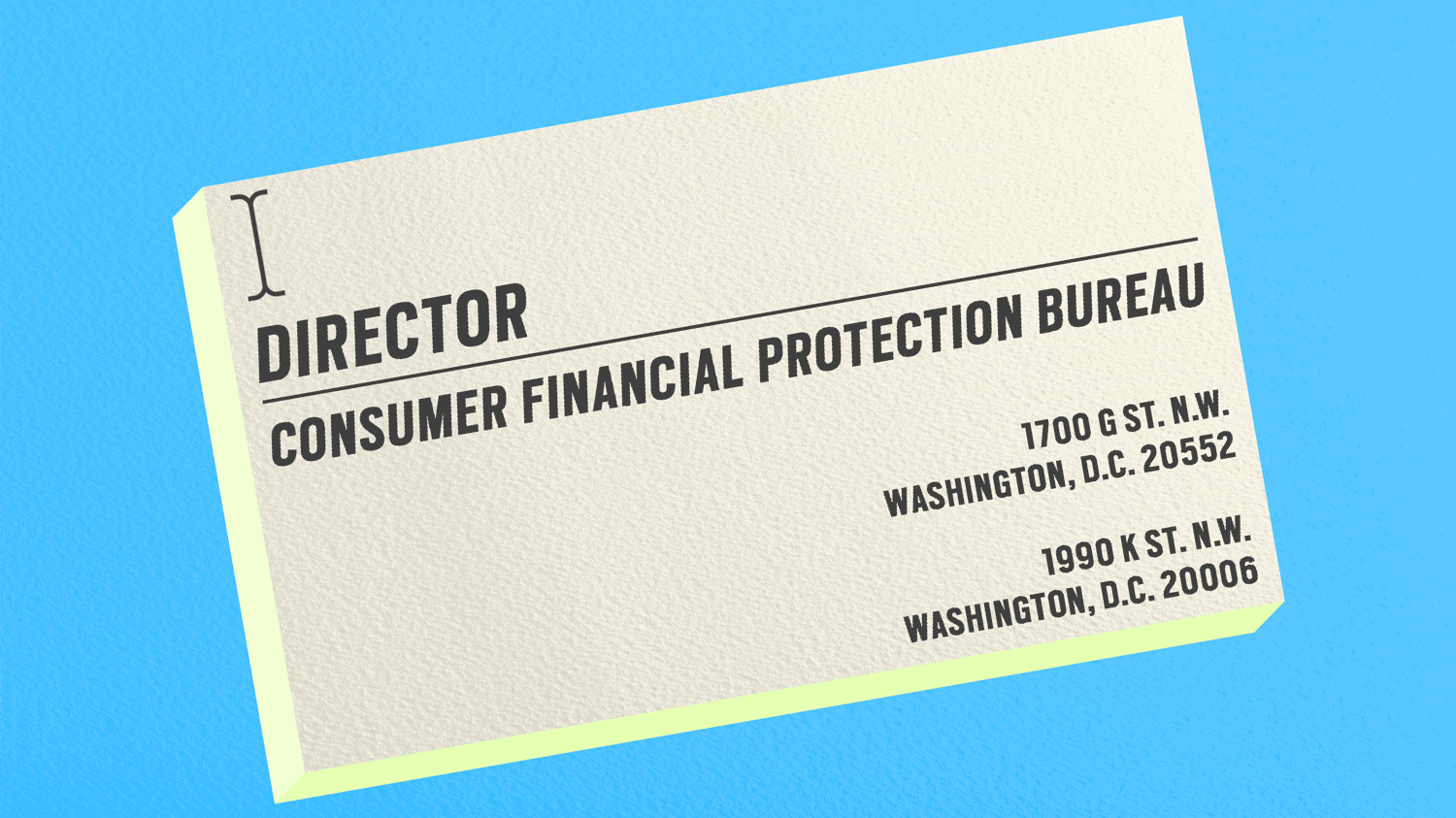I take some pride in the fact that I upset Wall Street Journal editorial board members so much that they lose whatever cool they generally have when I am their subject. My favorite example is still their November 6, 2007 attack on me for sponsoring the bill to restrict banks from issuing subprime mortgages to people unlikely to be able to pay them back—the root cause of the 2008 crash. Oddly celebrating the fact that 80 percent of the mortgages were paying on time so far—not generally considered a sign of good lending practices—they denounced me for barring low-income minority group members from homeownership. (They have impressively obliterated that from their memory so that they now regularly blame liberals for being the enablers of the lending practices we prohibited over their objection.)
The new second-best example of my superpower that makes them say dumb things is the statement in last Monday’s editorial that “merely because Mr. Frank wishes it were so does not mean that Congress can supersede other federal law.”
Huh!
ADVERTISEMENT
As they recognize when their unhappiness with me has not distracted them, “superseding”—i.e. amending—“other federal law” is what Congress does all the time. That sentence is the equivalent of saying that Congress cannot change what Congress has done previously, or that a new federal law cannot replace or modify an existing one. Their impulse to make this assertion is their need to insulate the Federal Vacancies Act passed in the 1990s from the clear language in the 2010 Wall Street Reform Act, which set out a method of dealing with a vacancy in the directorship of the Consumer Financial Protection Board totally different from that in the earlier law.
While it is true that there is a more sophisticated version of this effort to deny that the later law dealing with a specific agency does in fact supersede the earlier general statute, put forward by parties less willing than the Journal to overstate the case, that sophisticated version suffers from the same weakness: it empowers a sitting President to disregard a specific existing law when he or she disagrees with the policy outcome that will result from compliance.
In this case, the policy in question is the independence of the Consumer Financial Protection Bureau. When we wrote the law, we provided the Bureau Director with a five-year term from which he or she could only be removed for cause. And to make that effective—i.e. for the full five years—we wrote into the law the provision that in the absence of the Director, the Deputy Director would run the agency until the Senate confirmed a new head appointed by the President.
That is the central point at issue here. There is no argument about the right of the President to appoint a new Director either at the end of the five-year term or in case a Director stops serving during that period. But as with every other agency, that appointment only becomes effective after Senate confirmation. The current dispute is over who is in charge pending such confirmation. If the Vacancy Act governs, the President can designate someone to direct the Bureau who is totally opposed to its very existence, even in circumstances where a nominee for the job who held that view could not be confirmed.
That is why we deliberately chose not to apply the Vacancy Act to the CFPB but to provide for an Acting Director much likelier to be a supporter of the Bureau’s mission. Under the law as we adopted it, the President retains the power of appointment, but his right to take over the Bureau is dependent on that appointee being acceptable to a Senate majority. That is no guarantee that this will slow down an anti-consumer protection President. The Senate majority may support that view. But in that case the Bureau’s mission will be no worse off than if the President had sole power. And even in the current political alignment there may be a Senate majority unwilling to vote publicly for the gutting of the CFPB. Senator Susan Collins voted for the law establishing it. Less well known, as Robert Kaiser recorded in his book Act of Congress, the proposal to make the CFPB an autonomous agency sheltered by the Federal Reserve umbrella came from Senator Bob Corker. And as the electoral climate for Republicans becomes less favorable for 2018, I do not think every one of them facing the voters next year wants to be tagged as an ally of Wells Fargo against its customers.
This brings me to the Trump Administration’s legal argument: not that Congress cannot supersede Congress, as in the Journal’s formulation, but that the supersession must be very precisely worded; that in the absence of an explicit repudiation of the previous law, no statutory language—no matter how precise, no matter how sharply it clashes with the earlier provision, and most critically, no matter how much it is obviously part of a comprehensive approach to carry out a well-defined purpose—is anything more than an invitation to the President to choose the option that he finds most convenient.
In this instance, that is, the legal and policy questions merge. I had not previously heard it argued that ambiguity existed about the binding nature of a provision seriously and deliberately differing in its specific effect from previously existing law. And I have always understood that one of the canons of statutory interpretation is to look to the purpose of the law when it is clearly stated. Here, the Vacancy Act called for one procedure, providing one result. We wrote a law many years later that required a very different course of action on the exact same point, in support of a very different policy. What—other than a determination to prevent effective consumer protection in the financial industry—supports the idea that the language we adopted to protect the Bureau’s independence was meant to be only a suggestion?
Finally, since this is really a fight about policy disguised as dueling legal analyses, two responses to the most frequent right-wing attacks on the CFPB are relevant.
First is the claim that the Bureau is a uniquely unsupervised entity, unlike any other Federal agency, since it is not subject to Congressional appropriation and its head is appointed to a fixed term that goes beyond that of the appointing President. But in both aspects, it is very like every other agency that shares its mission of supervising bank activity. Long before Elizabeth Warren approached us to advocate for an agency focused on financial consumer protection, the Federal Deposit Insurance Corporation, the Office of the Control of the Currency and the Federal Reserve System were fully funded outside the appropriations process, and none of those who ran these agencies served coterminously with the President.
In my 29 years on the Committee dealing with bank legislation before the crash, there was never any serious discussion about changing these rules for any of those three bank regulators. Indeed, when the Republicans on the Committee moved a bill on the appropriations issue when they came into the majority after 2010, it affected only the CFPB. And when I offered an amendment to cover the Fed, they made sure that it failed—although not before I had to deal with serious agita at the Fed where officials doubted my assurance that my Republican colleagues were simply using the appropriations issue as a stick against the CFPB.
Nor is true that the CFPB is an outlier because it is run by a single person and not a Commission. While the FDIC and Fed are collegially run, the Controller of the Currency is a single individual with a term overlapping the President’s and is not removable at will. And the power of the Controller over banks greatly outweighs by every measure that of the CFPB. To use a physical analogy, the CFPB can be a pain the ass to a bank; the Controller can give it a heart attack. It is true that Donald Trump inherited a CFPB head and had to wait for his term to expire before naming his own person to the job--just as he has with the Chair of the FDIC, the Chair of the Fed, and the Controller.
As to the accusation that the CFPB is a rogue agency engaged in irresponsible harassment of financial institutions, the operative fact here is the scarcity of any specific examples of its misbehavior. The problem the critics face is that what the CFPB has been doing is strongly supported by the public: protecting indebted former students from unfair demands; winning reimbursements for overcharged credit card holders; penalizing Wells Fargo for its serial abuses of customers. Recognizing that these examples would strengthen the Bureau’s public standing, the coalition of right-wing ideologues and financial industry shills who try to demonize it generally understand that what they consider administrative overreach ranks among the most popular activity in which government is engaged.






